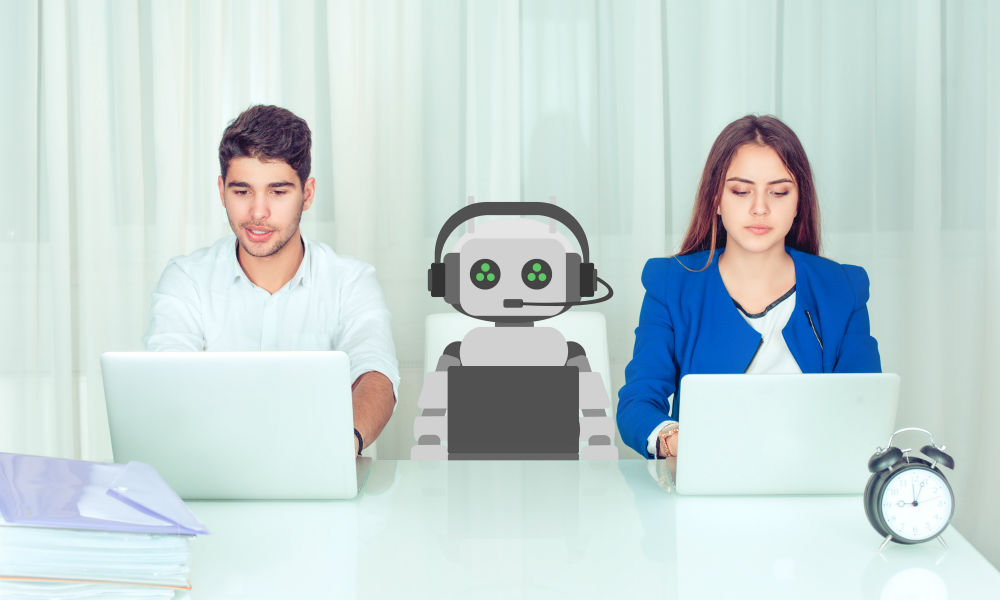
Artificial intelligence (AI) and machine learning (ML) technologies are rapidly transforming the workplace and necessitating major changes in employee training and skillsets. The global workforce is approaching a crossroads and the need for change is urgent to meet the challenges of a post-pandemic economy.
A recent report from the World Economic Forum reveals that half of all global employees will need to be reskilled by 2025. The widescale retirement of baby boomers is also adding to workplace complexities. In the U.S. government, 18.2 percent of employees retired in 2020, with another 34 percent eligible for retirement by 2023.
The coronavirus pandemic has only hastened global reliance on technologies, necessitating a major pivot in the workplace. U.S. government agencies have been working with the American Council for Technology and Industry Advisory Council's AI Working Group over the past two years to help the government implement and educate on AI technologies. Government agencies are also working with the group to evaluate ethical outcomes of AI as it becomes more prevalent in the workplace and society at large.
The group has come up with guidelines to help the government and industries adopting AI to do so responsibly and with transparency. They have outlined four stages for responsible AI consumption and integration.
1. They have created an AI Primer to introduce AI and outline its nuances and terminologies. The primer covers key concepts to help businesses and agencies understand the scope and potential impact of AI.
2. An AI Playbook provides a series of five phases to support the U.S. government's understanding and application of AI. It is designed to facilitate collaboration across divisions and agencies with the goal of providing more effective and efficient services to citizens.
3. An Ethical AI Framework is designed to help agencies and businesses evaluate data, algorithms and ethical outcomes of AI. It looks at bias, fairness, transparency, responsibility and interpretability as key factors in AI outcomes.
4. The AI Workforce Certification program is the final phase of the program, ensuring workers have the necessary knowledge and skills to apply AI in a variety of scenarios.
Reskilling the U.S. government for the workplace of the future is a first step toward wider AI and technology training in the workforce at large. As industries and businesses also embrace steps to retrain their workforces and increase adoption of AI and ML, the workforce at large is set to transform and realize greater efficiencies.
Edited by
Luke Bellos